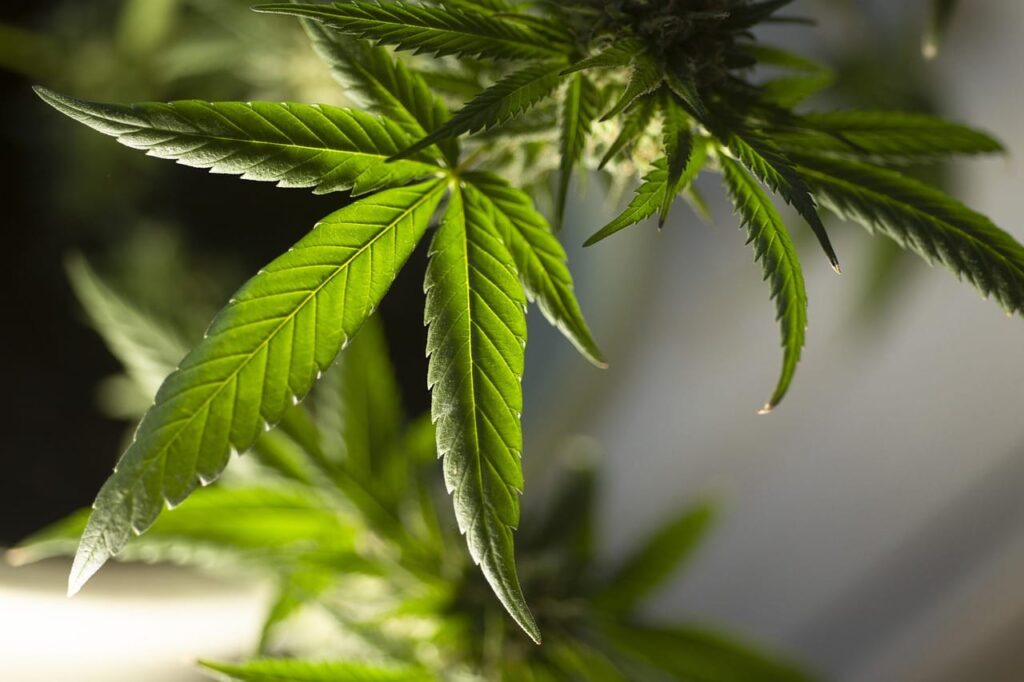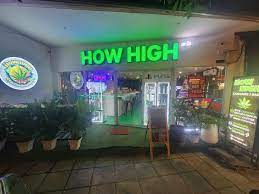1. Introduction: Why It Matters Now
Thailand’s stance on cannabis has shifted dramatically. Once decriminalized in many contexts, the country now mandates strict medical oversight. If you or a loved one hopes to legally access medical cannabis in Thailand, you must navigate a framework of prescriptions, regulations, and eligibility.
In this guide, I’ll walk you step by step through how to get medical cannabis prescription in Thailand, clarify who can prescribe, what conditions qualify, and how tourists can (or can’t) participate. This isn’t just theory—it’s current policy and practice. Let’s demystify the process.
2. Thailand’s Legal Landscape: Recent Changes & What They Mean
Thailand reversed parts of its liberal cannabis policy in mid‑2025. As of June 26, recreational cannabis is banned, and cannabis buds are classified as a “controlled herb”—only legal when prescribed by a licensed medical practitioner.
Under the new regulation, all cannabis purchases require a valid medical prescription approved through a specific form (PorThor 33, also referred to as P.T.33). The prescription is valid for 30 days and must be physically presented at licensed dispensaries. Without it, possession or purchase of cannabis is illegal.
3. Who Can Legally Prescribe Cannabis in Thailand
Not just any doctor can write you a cannabis prescription. Under current law, seven types of authorized practitioners may issue prescriptions:
- Medical doctors (MDs)
- Traditional Thai medicine practitioners
- Applied traditional medicine practitioners
- Licensed folk healers (under the Traditional Thai Medicine Act)
- Chinese medicine practitioners
- Pharmacists
- Dentists
These professionals must be trained and certified under the new rules. Moreover, many conventional doctors remain reluctant to prescribe cannabis because the framework is new and regulations are strict.
4. What Conditions Qualify for a Prescription
If you’re wondering “Do I qualify?”—the government has limited medical cannabis use to specific conditions. Examples include chronic pain, insomnia, migraines, Parkinson’s disease, and appetite loss.
Each case is evaluated individually: a physician must assess your medical history, symptoms, and whether cannabis is a suitable treatment. The doctor records your diagnosis, dosage, and quantity on the prescription form.
5. The Prescription Process: Step by Step
First, you schedule an appointment with an authorized practitioner. This may be in person or, in some cases, via telemedicine (if allowed).
Next, during the consultation, you’ll present your medical records, explain your symptoms, and possibly undergo diagnostic assessment. If approved, the doctor issues the PorThor 33 (P.T.33) prescription.
You then take this prescription to a licensed dispensary. The dispensary logs the form, dispenses the quantity (up to 30 days’ supply), and retains the original for regulatory audits. You can return for refills, but each prescription is single‑use and tied to one clinic or dispensary.
6. Special Considerations for Foreign Visitors & Tourists
Yes, tourists can obtain a prescription in Thailand—provided they meet local medical criteria and follow the same procedure as Thai patients. Foreign prescriptions from other countries are not recognized.
You must present a valid passport or government ID, and your condition must align with Thailand’s accepted list (e.g., chronic pain, insomnia). Plan ahead: locate authorized clinics in Bangkok, Chiang Mai, or Phuket, and book consultations in advance.
7. Dosage, Limits, and Renewal Rules
Prescriptions are limited in both duration (30 days) and quantity. You can’t stockpile cannabis.
When your 30-day period comes to an end, you must return to the same or another authorized practitioner for evaluation and renewal. The new prescription must again be issued on a fresh PorThor 33 form.
8. Dispensing, Dispensaries & Compliance
Only licensed dispensaries may legally sell cannabis—online sales and vending machines are banned. Dispensaries must source from certified, government‑approved farms and comply with tracking laws.
At purchase, your ID and prescription are verified. The dispensary records the transaction and reports to regulatory bodies monthly. This ensures accountability and prevents abuse.
9. Risks, Penalties & Best Practices
Possessing or buying cannabis without a valid prescription is now illegal in Thailand and may result in a fine (up to 20,000 baht) or imprisonment.
To stay safe, always carry your prescription and ID when in possession of cannabis. Do not consume in public places—public use is also penalized. Stay updated on rule changes: laws in Thailand remain evolving.
10. Tips to Successfully Navigate the System
- Choose the right practitioner type (traditional medicine doctors often more open to prescribing)
- Prepare medical documentation in advance (reports, imaging, etc.)
- Use reputable clinics with experience in cannabis prescriptions
- Book ahead, especially during tourist seasons
- Stay legal: renew on time, use only licensed dispensaries, avoid recreational claims
Conclusion
Getting a medical cannabis prescription in Thailand is now tightly regulated, but it’s feasible for both locals and travelers with legitimate medical needs—if you follow the legal pathway. With the right practitioner, preparation, and patience, you can access treatment legally and responsibly.
Always check for updates: regulations may continue evolving. Stay informed, stay compliant, and respect the system.



